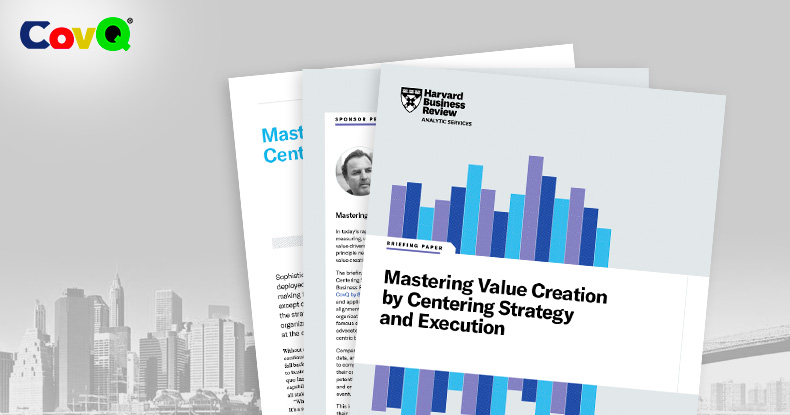Family-owned Businesses: Propelling Asia’s Growth
Family-owned businesses are the backbone of the Asian economy, accounting for a significant percentage of the region’s economic growth. The Asia-Pacific region boasts 50% of Credit Suisse’s ranked 1,000 family-owned businesses globally, which is a testament to the region’s entrepreneurial spirit and commitment to family values.
In terms of market capitalization, Samsung Electronics in South Korea, Toyota Motor Corporation in Japan, and Reliance Industries in India are some of the largest family-owned businesses in the region. These companies have demonstrated that family-owned businesses can be highly successful and profitable, especially if they are driven by a long-term vision that drives sustainable growth and forward-thinking strategies.
One of the key advantages of family-owned businesses is the inherent level of commitment and dedication that family members bring to the table. They are often willing to put in extra hours and effort to ensure the success of the business, knowing that every decision directly impacts their whole family.
However, as many Asian family-owned businesses undergo generational changes, it is essential to build sustainable businesses for intergenerational transfer while nurturing heirs and expanding overseas forms. This topic will be discussed in one of the sessions at the upcoming Horasis Asia Meeting on December 3-4, 2023, in Binh Duong, Vietnam. The event will bring together 300 CEOs, entrepreneurs and government representatives from Southeast Asia and beyond to discuss key trends that will shape Vietnam’s economy and drive it towards a new phase of global growth.
Trends
Family businesses in Asia are facing a number of challenges, but also opportunities. Succession planning is becoming increasingly important, with many businesses looking to create formal governance structures to ensure a smooth transition to the next generation of leaders. At the same time, developing the skills of the next generation is crucial, and some families are giving them opportunities to gain global experience and lead new initiatives.
Private equity investment is also becoming more popular, as family businesses seek to shore up their liquidity and ensure business continuity. Finally, family businesses are leading the way in sustainability, with many embracing ESG measures as a way to enhance their corporate reputation and provide a north star for sustainability to their employees and stakeholders.
Overall, family businesses in Asia are facing a challenging but exciting future, and those that are able to adapt and innovate will be well-positioned for success.
Innovation Paradox
Compared to non-family-owned businesses, however, family-owned ones tend to spend less on R&D. They also tend to take fewer risks and have objectives beyond just maximizing profits. There are many reasons for this, such as a conservative capital structure, a concentration of family wealth and a desire to protect the family’s socio-emotional welfare.
It may seem strange that family-owned firms, whose founders often have a strong appetite for risk, are more risk-averse than non-family-owned businesses. However, there are several reasons for this, such as heirs who prioritize preserving wealth over taking risks. Despite spending less on R&D, academic studies have shown that family-owned businesses are more efficient in allocating resources and have a higher conversion rate of innovation input into output. They also tend to retain employees, including senior executives, for longer periods, which contributes to their efficiency.
Overall, while family-owned businesses may appear to take fewer risks, their unique approach to governance and resource allocation allows them to be more efficient and effective in their innovation efforts.
Growth and Sustainability
Succession planning is crucial for the smooth transfer of a family-owned business to the next generation. A well-designed plan should outline how ownership and management responsibilities will be passed on, and provide guidelines for resolving conflicts that may arise during the transition. To prepare heirs for leadership roles, investing in their education and development is key. This may involve internships, job opportunities, and training programs. Innovation is vital for any business, and family-owned businesses must also foster a culture of innovation to stay ahead of the competition.
Nevertheless, family-owned businesses often lack experience in areas such as finance, legal compliance, and corporate governance. Seeking professional advice can help build sustainable structures that ensure continued success. As Asian family-owned businesses invest overseas, they face unique challenges related to cultural differences, regulatory compliance, and competition. They may need to implement more robust corporate governance structures and place greater emphasis on diversity and inclusion within their organizations. As businesses grow and expand, they may need to shift to professional management structures to ensure continued success.
Asia is a melting pot of diverse cultures and business environments. When compared to their Western counterparts, most family businesses in Asia are relatively young. Many are in their second or third generation of leadership, and many are experiencing or preparing for leadership transitions. When dealing with more critical issues like family succession, this intergenerational shift must be carefully planned to ensure that both the business and family bonds continue to thrive.
Photo Caption: Asian family businesses must carefully plan their family succession.




